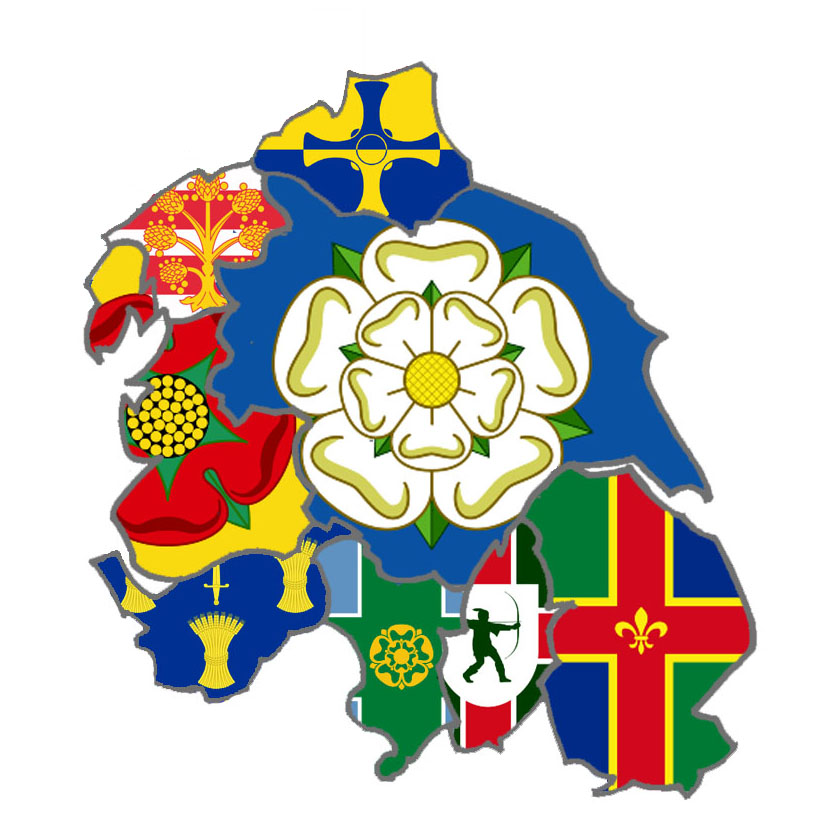Blacklisting
 Smith, D. and Chamberlain, P. Blacklisted – The Secret War between Big Business and Union Activists, New Internationalist Books, 978-178026-2574, £7.99
Smith, D. and Chamberlain, P. Blacklisted – The Secret War between Big Business and Union Activists, New Internationalist Books, 978-178026-2574, £7.99
This book is a ‘must read’ as it brings into focus the full history and nature of the blacklisting of workers in Britain. In a way it vindicates what union activists have always known, that blacklisting was rife throughout the country and that big business would go to any lengths to ensure that ‘troublemakers’ wouldn’t receive any employment. Those who have heard about blacklisting or finding out about blacklisting for the first time will be shocked by the revelations in this book.
The raid by the Information Commissioner’s Office on the Consulting Association in February 2009, seizing files on 3,213 activists (between 5-10% of the total files), lifted the lid on the blacklisting scandal but that was only the start of the story as the true extent of the machinations of the biggest companies began to unfold.
This is a story of secrets, spying, collusions and ruined lives which questions the very nature of our democracy, a story that John Le Carre would have been happy to pen. But this isn’t fiction. It involved big business, police, the security services and government, using undercover agents and subterfuge to look after the interests of business.
This book maps the history of blacklisting, from the Economic League, set up in 1919 to keep track of communist and leftwing organisations and individuals, to the Consulting Association, set up after the demise of the Economic League in 1993 with one of its employees, Ian Kerr, as manager. However the most compelling part of the book outlines the worker’s own experiences, using excerpts from the files seized from the Consulting Association with comments from the activists themselves, highlighting the human tragedy that has unfolded for individuals and families:
There were times we ran out of food: cupboards were empty. Missus just kept bawling her eyes out. We had no money to pick up the kids from school and she was just screaming at me: ‘What have you done, what have you done?’
The effect that this has on the lives of these activists and their families cannot be underplayed. All they were ‘guilty’ of was being a member of a union, standing up for worker’s rights and raising health and safety concerns. What does it say about our democracy that would allow big business, the police, security services and government to get away with this with impunity?
It is not all negative, however, and the other narrative at play in the book, is one which describes the fightback. The Blacklist Support Group, formed in 2009, is a justice campaign and network for anyone caught up in the blacklisting scandal. It has been at the forefront of the campaign seeking justice and has supported activists at Employment Tribunals and in the high court. The fight against blacklisting companies and in some cases union officials has been taken to the Parliaments and Assemblies throughout Britain, with the Scottish Affairs select committee bringing together union activists and officials, with big business, in gathering evidence looking into the magnitude of this affair. It concluded with its final report in March 2015 with:
Despite the progress and positive steps which have been taken during the course of our inquiry, in this final report we have identified that many questions in relation to the practice of blacklisting remain unanswered. We are specifically concerned as to whether the extent and breadth of the practice is fully known, and whether this odious practice is ongoing within the construction industry. We are convinced that the only way to fully answer these questions is through a full Public Inquiry. We recommend that the Government take immediate steps to launch such an inquiry as a matter of priority in the new Parliament.
The result of the general election makes the probability of an inquiry highly unlikely, although there have been renewed call for the Scottish Government to hold such an inquiry. The fight will go on until justice is delivered for all blacklisted activists, and perhaps that through the promotion of this book, this can reach a wider audience. This book is more than just a story of blacklisting: it’s a story of how forces of darkness undermined the democracy and democratic freedoms of people, and that should be of concern to us all.
Jim Harte is a Health and Safety rep and chair of the Unite Scottish Political Committee


